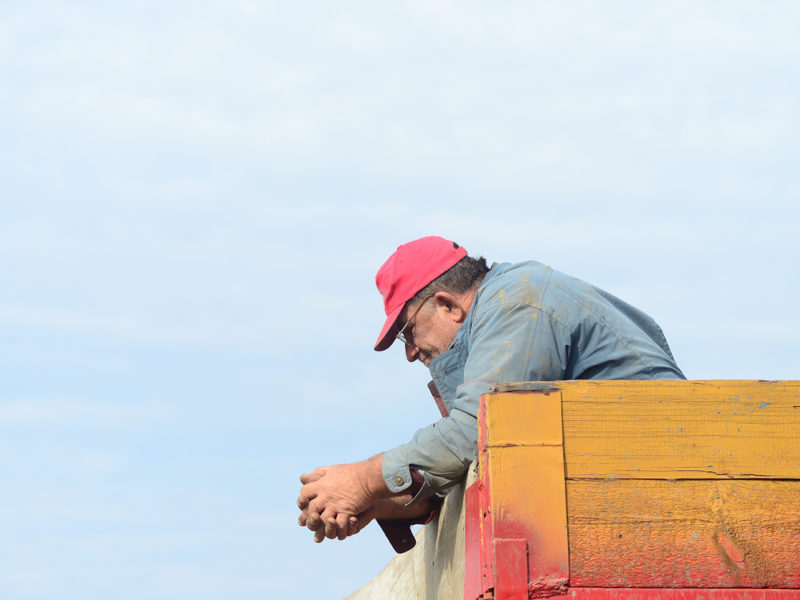In November 1968, I worked on a maintenance project in a large Vancouver sawmill. To avoid the worst of the morning traffic on the Patullo bridge, I left home early and regularly spent the half-hour before work on my own drinking coffee in the gloomy lunchroom. I arrived one morning to the sound of weeping in the back of the room. It was a man I will call Gerry. I only knew Gerry from work. He was a good carpenter and a good guy, and I’d never seen him at work a half-hour early. I asked what was wrong. Gerry apologised and said he couldn’t help it, but he just got that way sometimes, particularly at that time of year. He invited me to sit down, confessed he didn’t like to talk about it. Then, as if he felt some explanation was required, he told me why.
In October and early November of 1944, Gerry fought in the battle to liberate the Scheldt estuary in Holland. The specifics Gerry spoke of don’t bear repeating here. In generalities, he became we: We were always wet and tired, there were bodies everywhere, and we were scared all the time. A lot of us died.
The fight for the Scheldt estuary was particularly brutal. Casualty rates in some actions neared 50%. Gerry was still reliving it in vivid detail 24 years after the fact. He apologised for sharing his story and asked me not to tell anyone else about it. It is a good bet he expected to be alone in that lunchroom and hadn’t imagined sharing any part of his story with anyone else, least of all a 19-year-old workmate he hardly knew. I said something about how awful it must have been and promised not to mention it to anyone.
A few weeks, later I was dispatched to a project in another city and I never worked with Gerry again. But I never forgot that brief lunchroom encounter.
I came to realize that Gerry’s reliving of his combat experiences, and his hesitancy to let anyone know about them, were classic symptoms of Post-Traumatic Stress Disorder (PTSD). Over the years, I could see the same stoic silence in other veterans I met and wondered how many of them were caught in a secret recurring nightmare like Gerry was.
We now understand PTSD to be commonplace, even inevitable to some degree in people who have experienced substantial or prolonged trauma. Add to it moral Injury, with similar symptoms but more often related to feelings of guilt. Both conditions can lead to anxiety and depression disorders, which in turn can lead to self-harm. Canadian Forces numbers released in June showed 191 member suicides in the last 10 years compared to 158 killed in operations in the 13-year Afghanistan campaign. For some, the war is never over. For others, it ends in suicide.
I will take time to reflect on the sacrifice of all veterans on Remembrance Day. Those who died in war and those who brought it home with them. I will remember Gerry. In a perfect world, I like to think his lunchroom conversation all those years ago somehow lowered his guard and opened a door to more conversations with people who could offer him more than I did. Sadly, I can still see him weeping alone under the weight of a burden he could never escape.
The trauma that gives rise to PTSD comes in many guises. Everyone suffers from some kind of stress somewhere along the line. If you are stressed or anxious or depressed, or can see someone who is, don’t be afraid to strike up a conversation. Nothing ever gets fixed until someone admits there’s a problem. For a helping hand, check fcc-fac.ca/en/community/wellness.
Bob Collins raises beef cattle and grows produce on his farm in the Alberni Valley.


 Nelson farm builds soil and local community
Nelson farm builds soil and local community